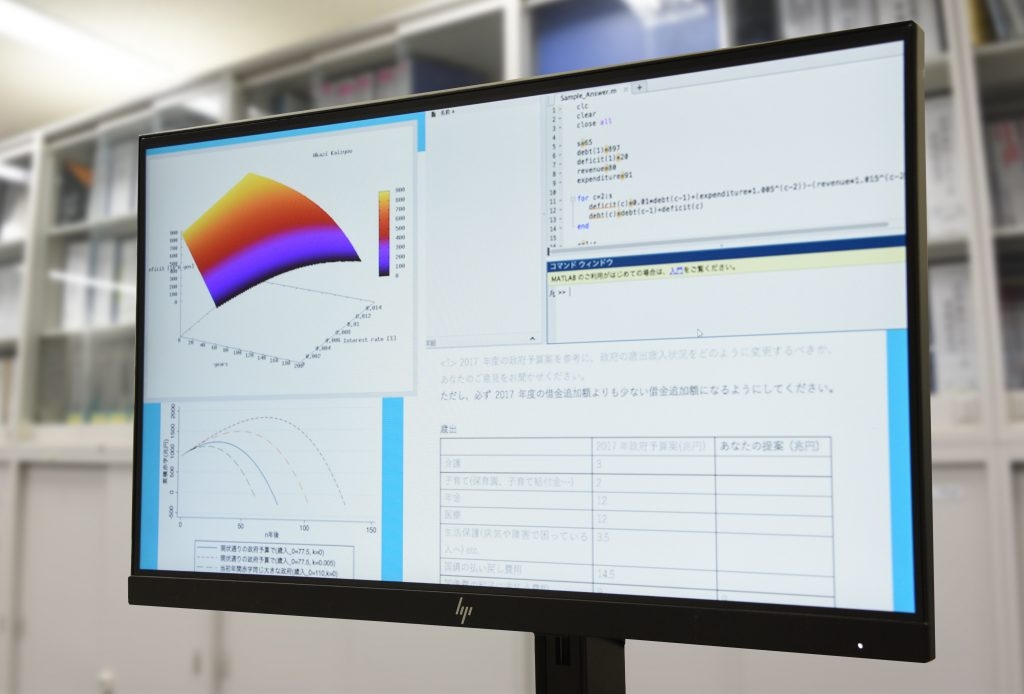Intergenerational inequity is one of the inequalities that exists in our society.
This intergeneration inequity is a pressing problem not only in developing nations but in many advanced nations as well. The reason for this is that nearly all countries in the world have financial deficits which contribute to intergenerational inequity.
Public finance operates according to considerations of public benefit and burden, but what is significant about financial deficits is that they represent a burden which is passed on to future generations, thereby creating a problem of inequity between the generations. This means that, for Japan and many other nations, rectifying this intergenerational inequity is of key importance in fiscal reform.
For many years, the research surrounding financial deficits has implicitly assumed that the public is opposed to higher taxes, expects larger public expenditures, and has little interest in financial deficits, and the argument has been that the government’s financial deficits are due to the efforts of politicians who seek the support of a populace with this mindset.
However, is it truly not possible to foster public consensus with regard to fiscal reform? Public support for fiscal reform has been seen in a number of first-world democracies in recent years. In light of this trend, researchers in the Matsumoto Laboratory in the Kagurazaka Division, Institute of Arts and Sciences are, in conjunction with other research institutions, conducting online survey studies to analyze the relationship between public perception of, and attitudes towards, the government’s financial deficits.

Just like other challenges related to SDGs, resolving the financial deficits of governments will require shared and proactive involvement among more people than just the policymakers themselves. Thus, at the Tokyo University of Science, students are not simply introduced to the problems and research trends related to financial deficits, they are expected to come up with proposed solutions to these deficits themselves.
They set aside the government’s actual budget proposals and come up with their own budget proposals, based upon which they perform simulations which look at how many years it would take to get the primary balance back to a surplus and how many years to wipe out the accumulated deficit.
Naturally, most students are surprised by the government’s deficit situation and how it is not something that can be easily overcome. However, the purpose of this exercise is to cultivate an interest in financial deficits, which is a topic that most people disregard. It also helps students to understand that the problem of financial deficits, although difficult and time-consuming, is one which they themselves can contribute to overcoming.
It is not easy to eliminate inequality.
And addressing this problem will require the public to have a deeper understanding of inequality. By using data analysis to clarify public perception of, and attitudes toward, inequality, the challenge of bringing together policymakers and the public in rectifying inequality becomes an academic one.
■ Main research content